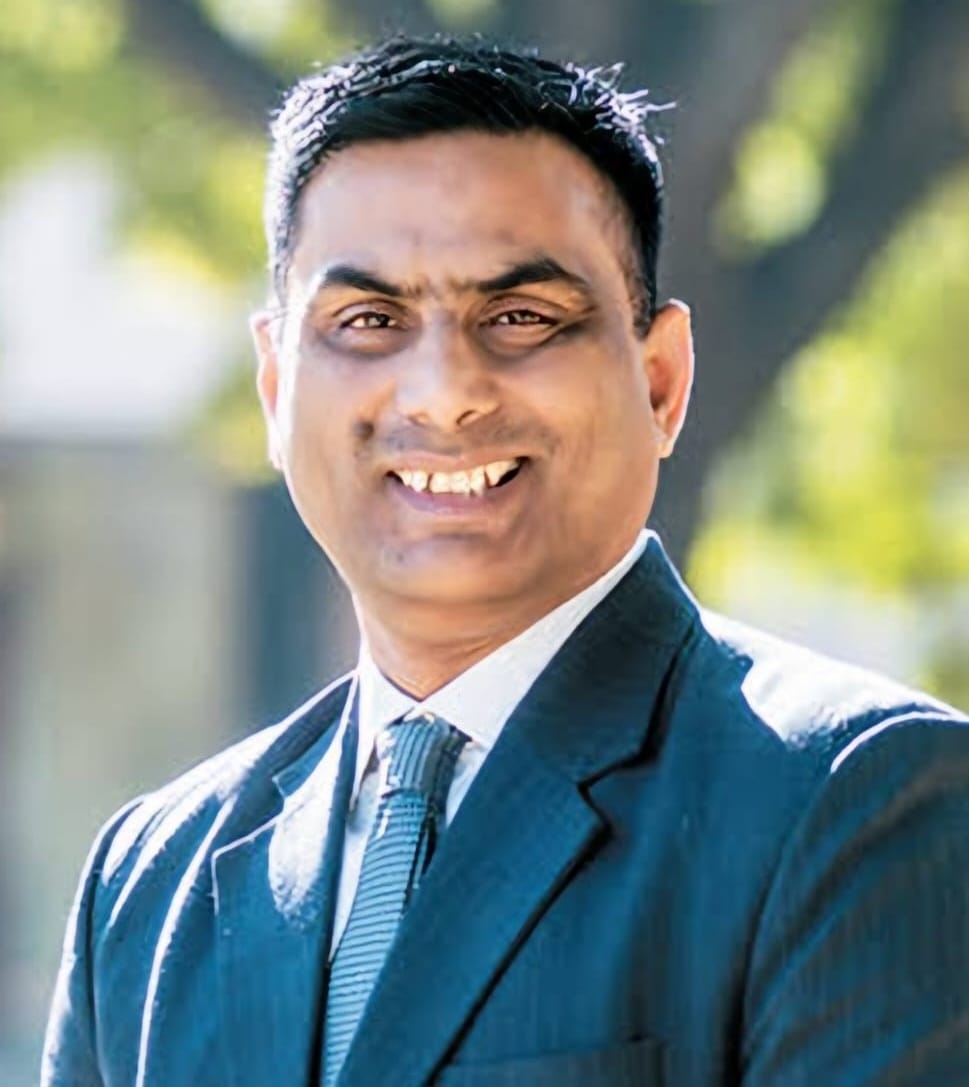
G. Venkat Raman
- Home
- Faculty
- Full Time Faculty
- G. Venkat Raman

Dr. G Venkat Raman is a Professor at the Indian Institute of Management, Indore. He has recently completed his Fulbright Fellowship at the Schar School of Policy and Government, George Mason University, Virginia. In the Schar School, Venkat offered a course titled ‘China Challenge’ for the post-graduates and doctoral students. He is also researching the current state of US-China power rivalries, primarily focusing on the technology war and climate change. Recently he has been awarded an ICSSR Fellowship to work on ‘Multilateralism in the Global South’ in the context of India’s foreign policy strategy. Venkat is a Sinologist and a keen student of geopolitics. He has also developed an interest in Business Ethics over the last fourteen years of his teaching career. Besides teaching core courses like Introduction to International Relations (for UG participants) and Ethics and CSR (for PG participants), he offers elective courses like Power Rivalries and Global Governance in the Twenty-first Century, Understanding the China Challenge, and Leading in an Age of Geopolitics.
Venkat completed his doctoral studies at the School of Government, Peking University, Beijing, under the aegis of the India-China Cultural Exchange Programme. Venkat is a fluent Mandarin speaker. He has been a visiting Fellow at the BRICS Centre, Fudan University, Shanghai, and a visiting Faculty member at ICN Nancy, France. His areas of research interest are China’s interface with Global Governance and Business Ethics pedagogy. Venkat’s most recent work is a co-edited volume published by Routledge London and titled ‘Locating BRICS in the Global Order: Perspectives from Global South.’ He has also co-authored case studies on Indian businesses in China. These are part of prestigious case centres like Ivey Publishing, ISB Hyderabad, and China Europe International Business School, Shanghai. Apart from academics, Venkat is a member of the Board of Trustees, Azad Foundation, New Delhi, which works to financially empower women below the poverty line by training them in non-traditional livelihoods.

